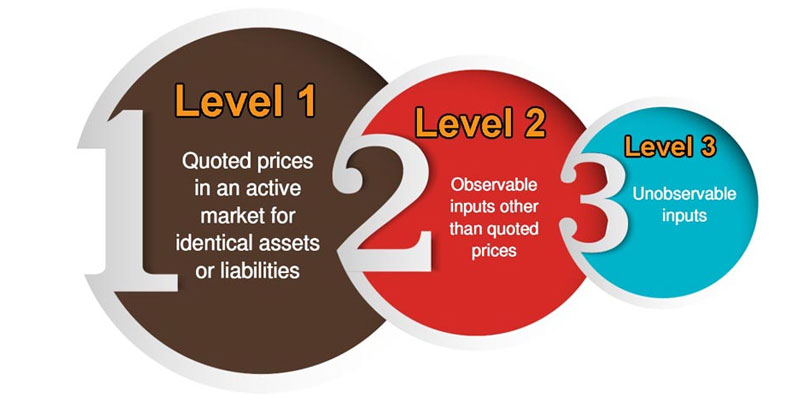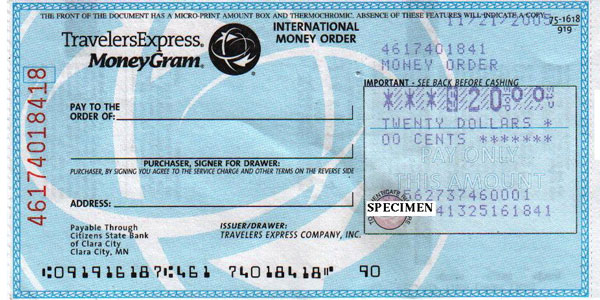Whether cash, investment, or property, receiving a family inheritance might cause conflicting emotions. While you receive money, you also lose a loved one who thought highly enough of you to remember you in their will. Receiving an inheritance can be so emotionally overwhelming that it might result in costly blunders. When you learn that you will be getting an inheritance from a will, take the time to make a strategy and safeguard your funds by avoiding these tax traps.
Here are the five tax traps you should avoid after receiving an inheritance.
Making a profit before understanding inheritance tax
Determine whether you must pay taxes and, if so, how much before seeking redemption of the money you inherited. The kind of asset left to you, the account in which it was kept, and the timing of when you decide to get your payout affect the tax amount you have to pay on inherited money.
Taxes on Inherited Retirement Accounts
Some unsophisticated individuals withdraw money from an inherited retirement account with the expectation that they will keep the entire balance. Examples of inherited retirement accounts include Individual retirement accounts (IRA) and 401 (k).
If you withdraw money from one of these inherited accounts, you must include the amount as taxable income on your tax return. Your tax burden could go up significantly due to this dividend, leaving you with less money overall. On the other hand, if you withdraw money from an account that was funded with after-tax funds, like a Roth IRA or Roth 401 (k), you won't have to pay inheritance tax.
You can roll over an inherited traditional or Roth 401(k) into an inherited IRA account or leave it in its current state. You won't experience pressure to immediately cash your inheritance money by doing this. The least amount you must withdraw from retirement savings after turning 72 is the mandated minimum distribution, which you must make each year.
In many circumstances, this strategy will enable you to divide the income and taxes associated with your inheritance throughout your life. You must avoid paying hefty taxes on inherited money all at once.
Taxes on the Proceeds of Life Insurance
The inherited amount is always tax-free if you receive life insurance payments as an inheritor of someone who passed away. These payments won't count as taxable income on your tax return. Remember that the interest you earn on the proceeds is taxable income.
Paying Debts, You Don't Owe
Some creditors can try to get family members to pay off a deceased person's debts. The estate should be held liable for these claims, not you. Generally speaking, if you inherit someone else's property, you are not responsible for paying their debts.
When someone passes away, their debts are not immediately forgiven. In general, the estate is required to settle the debt if it has the funds to do so. This may lessen the heirs' inheritance.
Not considering all your options Upon Taking Over an Inherited Estate

When you inherit a house, you should protect and preserve it until you decide what to do with it. Can relatives or neighbors assist? Can someone else live there and take care of the house if you can't? Do you require a security system to be installed? The first step in maintaining the home's worth is keeping it up while deciding what to do with it. When selecting what to do with an inherited house, additional considerations come into play.
Find out how much the house is worth using a website like Zillow to get a ballpark figure. Be aware that online resources might not contain the most recent information on the property. The best source for you will be a local realtor.
Find out if the property has a mortgage. If there is a mortgage, but the property's value is less than the balance still owed. You must decide that stopping the mortgage payments and letting the property go into foreclosure is the wisest course of action. Make sure the payments are made while you inherit the house ready to sell if the home's worth is less than the selling charges and is greater than the mortgage. The lender can foreclose the property if you fail to make the mortgage payments.
Think about selling the house: You'll need to calculate your tax liability if you decide to sell the house. When you inherit a home, the price basis for tax purposes is its worth on the decedent's death date.
Assess the possibility of renting out the house: You may rent out the house if you can't bear the tax burden of a property sale.
Live in the house: You could wish to move into the home if it suits you better than the one you currently occupy. If there is still money owed on the mortgage, you would have to obtain a new one.
Purchasing Shady Financial Products
There are more than 200,000 personal financial consultants in the United States. These advisors' income depends on the sale of financial or insurance products. Some dishonest dealers may try to offer you a bad investment when they learn that you have inherited money and are unsure what to do with it. This poor investment could cost you a significant amount of your inheritance.
Therefore, you must conduct thorough financial planning before investing in or purchasing insurance products. If you are anticipating receiving an inheritance, begin looking for a fee-only financial advisor. These consultants are compensated for advising and assisting their clients with financial planning.
Being Unaware of the Alternative Valuation Date

The federal estate tax will generally apply to estates with a value of $11.7 million or more in 2021.
The estate executor may choose a different valuation date when appraising high-value inherited investments and property rather than the dead person's date of death. The alternative date is the earliest of six months following the deceased person's passing or the day on which the assets were transferred.
Typically, this choice is only accepted when estate tax applies to the estate.
When inherited assets subject to inheritance tax are valued at the alternate valuation date, the asset value at the time of sale may be lower in a down turning real estate market. By using this strategy, you might be able to lower or avoid the Washington estate taxes and keep more of your inheritance.
Bottom Line
This guide will help you to lower or avoid estate and money taxes and keep more of your inheritance. Furthermore, you can take help from a financial advisor who charges a fee rather than one who receives compensation for recommending certain financial items to you.




